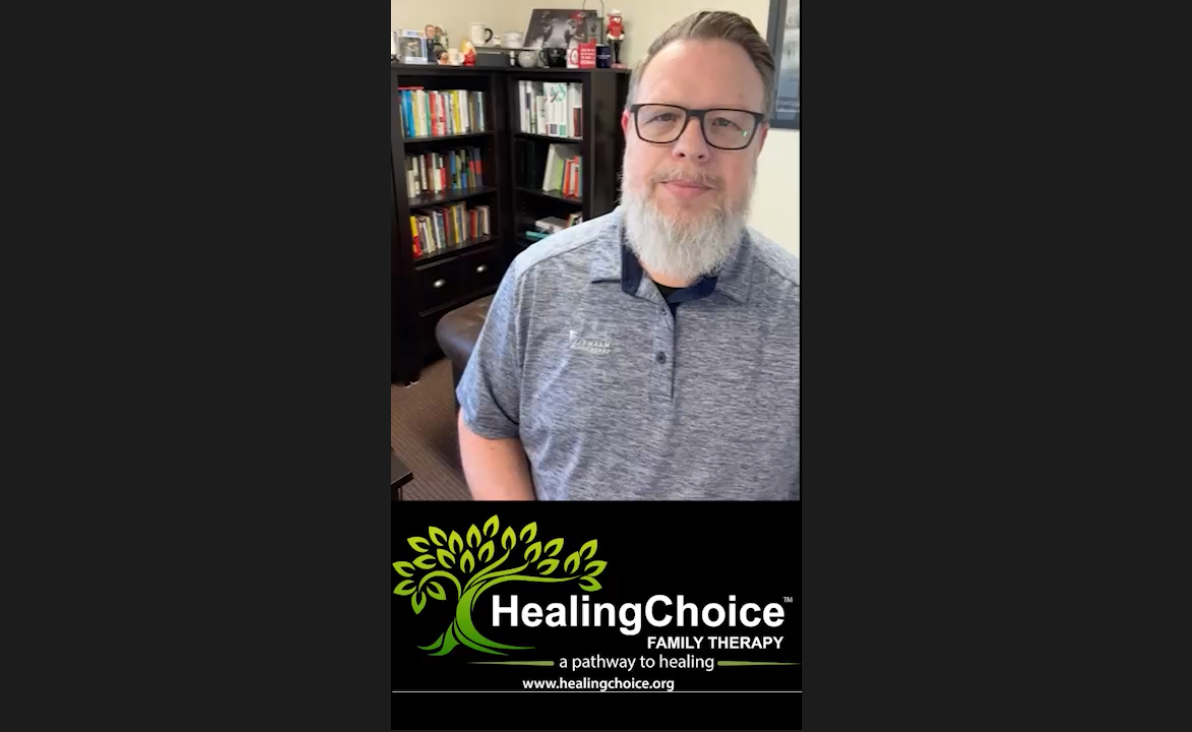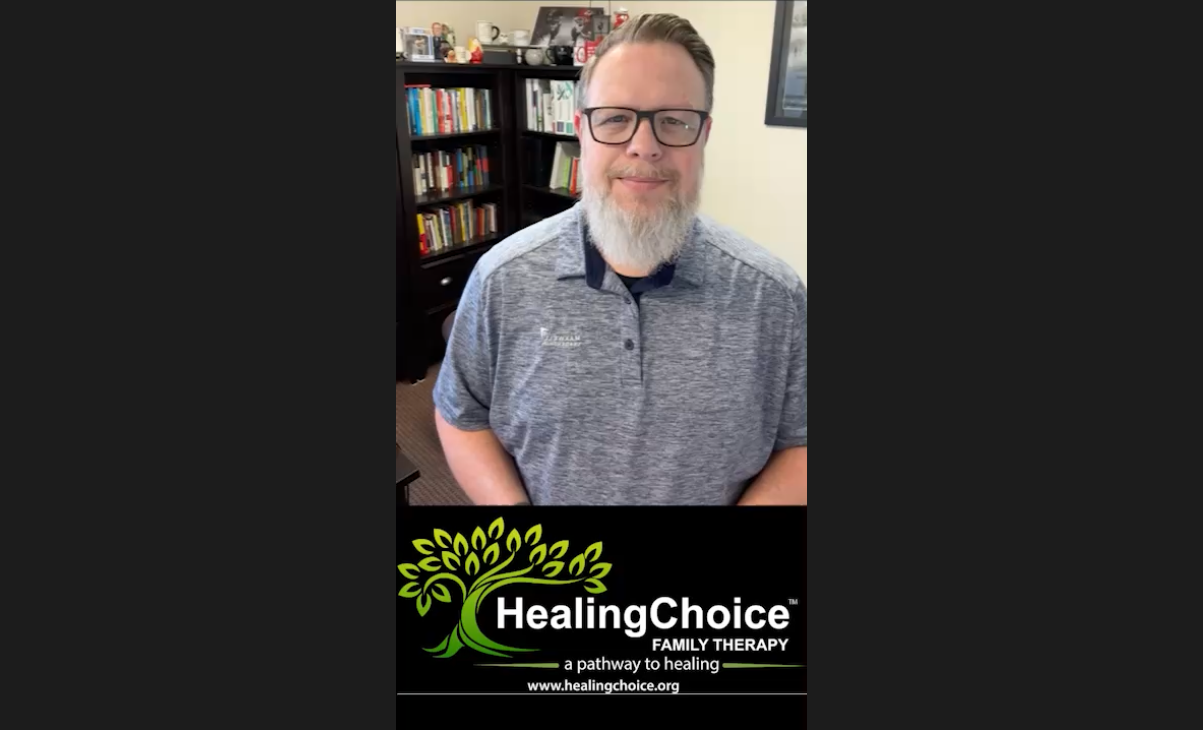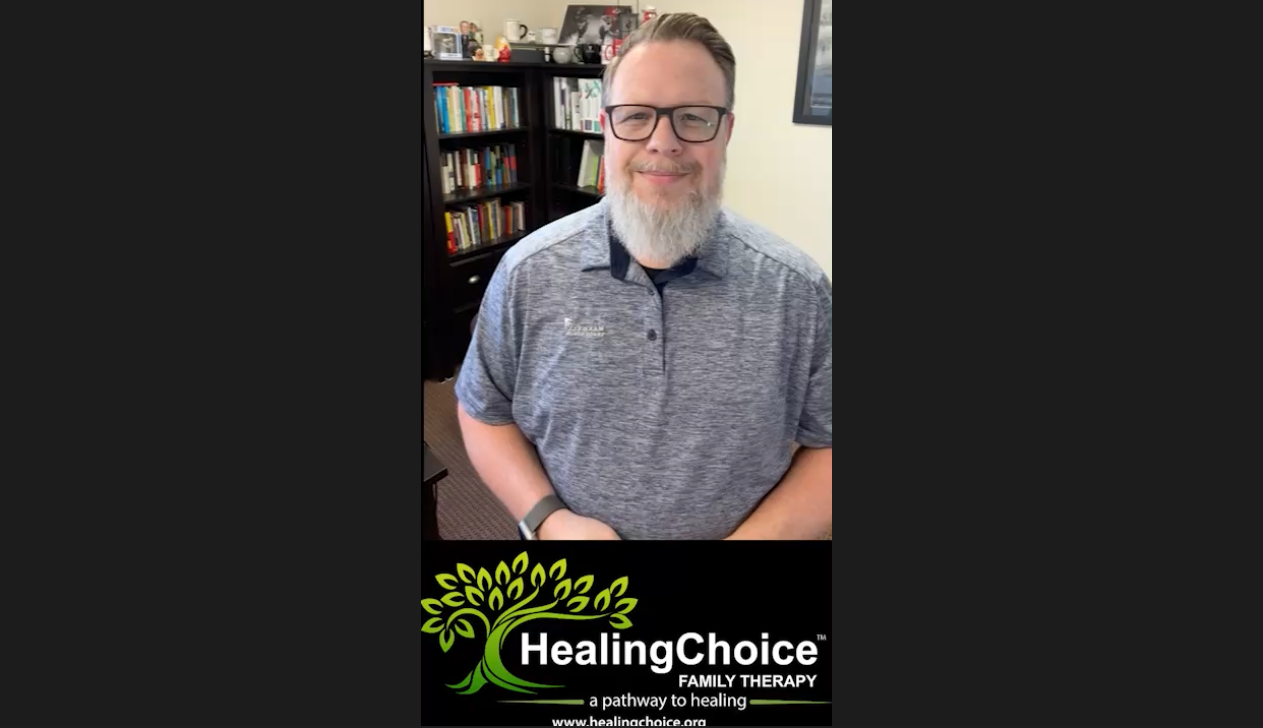Dr. Marcus N. Tanner
The 3-Step Repair Process After an Argument
March 11th, 2025
The Power of Repair: Navigating Conflict in Relationships
Every couple experiences arguments; it’s an inevitable part of sharing your life with another person. The real test, however, lies not in the conflict itself but in how we choose to repair our relationships after a disagreement. In his extensive research on relationships, Dr. John Gottman emphasizes that successful couples are often masters at repair—the ability to restore connection and understanding after a fight. This week, let's delve into a simple yet effective 3-step repair process that can help couples move beyond blame and foster deeper intimacy.
Understanding the Importance of Repair
Before we explore the specific steps of the repair process, it’s essential to understand why repair is crucial. Arguments can lead to feelings of disconnection, resentment, and frustration. However, if handled correctly, they can also provide opportunities for growth, understanding, and renewal of commitment in the relationship. Repairing effectively allows couples to reaffirm their bond, demonstrate emotional intelligence, and build resilience against future conflicts.
The 3-Step Repair Process
Let’s break down the 3-step repair process that can help transform the aftereffects of an argument into a learning opportunity for you and your partner.
Step 1: Take a Pause
After an argument or disagreement, emotions can run high. This can make it difficult to communicate effectively. Taking a pause is essential. It allows both partners to cool down, reflect, and regain composure before diving back into the conversation.
During this pause, practice self-regulation. Acknowledge your feelings and consider the bigger picture: your relationship and your partner. Taking a timeout can prevent hurtful comments and actions that can exacerbate the conflict. Whether it’s taking a walk, meditating, or simply breathing deeply, find a method that allows you to gather your thoughts and emotions.
During this time apart, consider the following:
- What is your emotional state?
- What triggered this argument?
- What does your partner need from you once the conversation resumes?
By taking a moment for introspection, you’re setting the stage for a more constructive discussion.
Step 2: Own Your Part
Once you've had time to cool off, it’s time to come back and address the issue together. This step requires humility and accountability. Taking ownership of your part in the argument is crucial for healing. It’s important to recognize how your actions or words contributed to the conflict.
Ownership involves more than just saying, “I’m sorry.” It’s about reflecting on your behavior and understanding how it may have affected your partner. This might require some vulnerability, as you’ll need to express how you feel and why you acted the way you did.
For instance, instead of saying, “You made me angry,” consider phrasing it as, “I felt really overwhelmed because of what was said.” This subtle shift in language not only shows accountability but also communicates your emotions more effectively.
Additionally, validating your partner's feelings is essential. Let them know that you understand how your actions impacted them. This can create an atmosphere of respect and empathy, making it easier to move forward.
Step 3: Offer a Genuine Repair
The final step in the repair process is offering a genuine repair. This is where you actively engage in fixing the issue together. To begin this step, express a heartfelt desire to reconnect. You might say something like, “I see your point, and I want to fix this together.” This communicates to your partner that you value the relationship more than winning an argument.
Offering a genuine repair can take many forms, and it may vary from couple to couple. Here are some effective strategies to consider:
- Apologize sincerely: A genuine apology acknowledges the hurt your partner may feel and expresses your commitment to making things right.
- Find common ground: Share your perspective and invite your partner to do the same. Look for shared goals and priorities that can guide your resolution.
- Problem-solve together: Discuss what led to the argument and brainstorm ways to prevent similar disputes in the future. This could include developing plans for better communication or agreeing on certain boundary behaviors.
- Reinforce your love: A simple gesture like holding hands, a reassuring hug, or even kind words can reinforce the commitment you have to one another, reminding both partners that love and connection are the ultimate goal.
The Road to Reconnection
Repairing after conflict is not just a learned skill; it requires practice and commitment. As you focus on repairing rather than blaming, you can create a healthier dialogue within your relationship. Remember, the goal is always to reconnect, not to win the argument.
Investing time in making repairs leads to deeper understanding and intimacy. Over time, as you and your partner navigate disagreements and practice this process, you’ll find yourselves returning to harmony more swiftly. Dr. Gottman’s research supports these efforts, showing that couples who prioritize repair often experience a greater sense of satisfaction in their relationships.
Conclusion
Every couple will navigate bumpy waters at times, but it’s how you handle the aftermath that truly matters. By employing the 3-step repair process—taking a pause, owning your part, and offering a genuine repair—you can transform arguments into opportunities for growth and connection.
As you embark on this journey, remember that it's okay to seek help if things become too difficult to navigate alone. Relationship counseling can provide additional tools and perspectives to enhance your ability to resolve conflicts positively.
So, this week, take a moment to reflect on your recent arguments. Embrace the challenge of repairing, knowing that with each step you take toward reconnection, you’re strengthening the foundation of your love.
Keep in mind—successful couples are masters of repair. See you next Tuesday for more insights into building healthier relationships!
Share this post on:
Copyright © 2023 HealingChoice Family Therapy All rights reserved.



